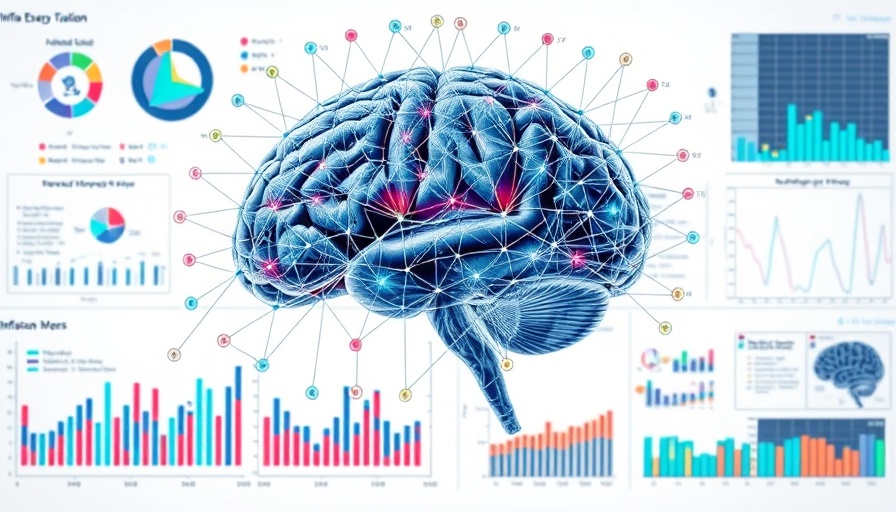
Revolutionary Insights from Saliva Analysis for Preventive Health
A groundbreaking study led by the University of the Basque Country has identified critical molecular markers found in saliva, which could help predict an individual's risk of developing serious diseases such as cancer, heart disease, diabetes, and neurodegenerative disorders like Parkinson's. This research, published in npj Genomic Medicine, is setting the stage for a transformative, non-invasive approach in early diagnosis and personalized medicine.
Saliva, often overlooked in clinical practice aside from traditional paternity testing, is now being positioned as a valuable tool in health diagnostics. As Professor José Ramón Bilbao noted, "Saliva is one of the most accessible biological fluids but it is still underutilized in clinical practice." This shift in perception could drastically alter how we approach preventive healthcare.
Understanding the Science: Molecular Markers and Genetic Polymorphisms
The research team analyzed the saliva samples of over 350 individuals, cataloging variations in DNA known as single nucleotide polymorphisms (SNPs). These SNPs can influence gene functions and potentially lead to high risks of chronic diseases. The team's findings revealed that many of the polymorphisms identified in saliva correspond to those previously noted in larger international studies focusing on disease predisposition.
This correlation suggests that saliva-based analysis might predict genetic heritability rates of diseases more accurately than conventional blood tests. With advancements in statistical analysis added to the research, scientists are eager to validate these findings across larger populations, aiming for improved diagnostic capabilities.
Why This Matters: Benefits of Saliva-Based Testing
The implications of this research are significant. By paving the way for saliva-based testing, healthcare providers could look forward to non-invasive disease detection methods that spare patients from the discomfort associated with blood draws. Alba Hernangómez-Laderas, a researcher involved in the study, highlighted this potential by stating, "This work opens the door to developing saliva-based testing that could be used for early disease detection or monitoring treatment." This could improve patient experiences while maintaining robust health monitoring systems.
Saliva's Potential in Clinical Applications
Despite the promising results, it’s essential to recognize the study's preliminary nature. The research needs further validation to become a staple in clinical practice. However, if corroborated, these findings could shift healthcare paradigms, allowing rapid identification of genetic risk markers and timely interventions for serious health conditions.
Conclusion: The Future of Non-Invasive Diagnostics
The study conducted by the University of the Basque Country is a significant step forward in the field of health tech, enhancing our understanding of how simple saliva tests can revolutionize disease prevention and management. As researchers move towards larger cohorts, the future looks bright for saliva analysis, which could empower individuals to take charge of their health proactively, ultimately leading to better health outcomes.
 Add Row
Add Row  Add
Add 




 Add Row
Add Row  Add
Add 
Write A Comment